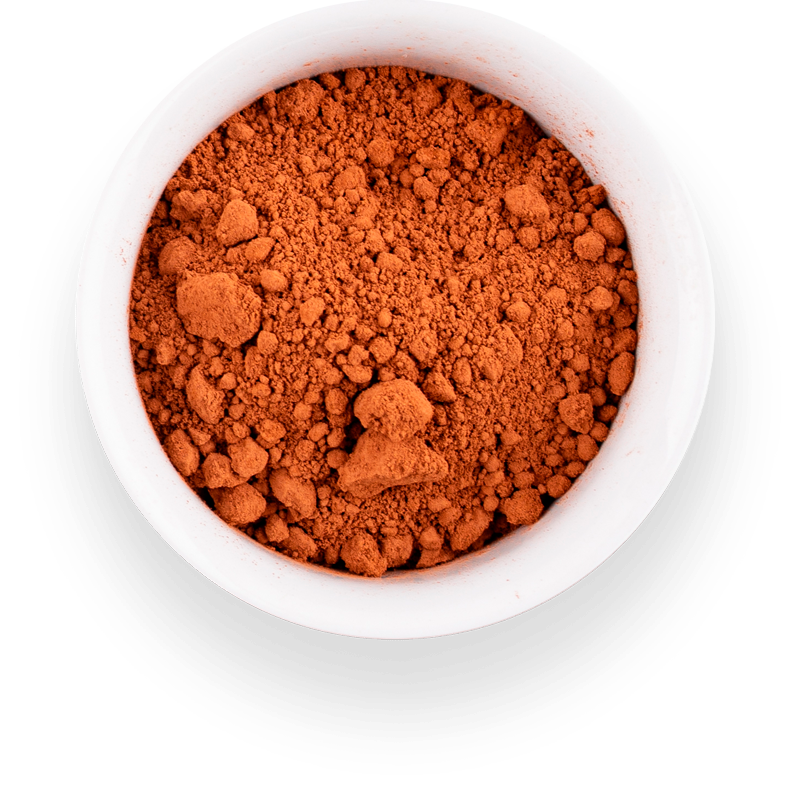Hormonal Imbalance and Gut Inflammation: The Connection You Need to Know
Hormonal imbalances and gut inflammation are two common health issues that women face today. These conditions can often go hand in hand, and when left untreated, they can cause a host of health problems. In this blog post, we will explore the connection between hormonal imbalance and gut inflammation, and how you can take steps to address these issues naturally.
Hormonal Imbalance and Gut Inflammation: The Connection
The gut and the hormones are closely linked, and when one is out of balance, it can impact the other. Hormonal imbalances, such as low progesterone or high estrogen levels, can lead to gut inflammation. This happens because hormones play a key role in regulating the immune system, and when they are imbalanced, they can trigger an inflammatory response in the gut.
On the other hand, gut inflammation can also cause hormonal imbalances. The gut is responsible for metabolizing hormones, and when it is inflamed, it can affect the way hormones are processed and eliminated from the body. This can lead to a buildup of hormones in the body, which can cause further hormonal imbalances.
The Link Between Diet and Hormonal Imbalance and Gut Inflammation
Diet plays a big role in both hormonal balance and gut health. A diet high in sugar, processed foods, and unhealthy fats can contribute to inflammation in the gut and hormonal imbalances. These foods can disrupt the balance of good and bad bacteria in the gut, leading to inflammation and hormonal imbalances.
On the other hand, a diet that is rich in fiber, whole grains, fruits, and vegetables can help to promote a healthy gut and hormonal balance. These foods are rich in nutrients and antioxidants that can help to reduce inflammation in the gut and support hormonal balance.
What Can You Do About It?
If you are experiencing symptoms of hormonal imbalance or gut inflammation, there are steps you can take to address these issues. Here are a few suggestions:
- Eat a healthy diet: Focus on eating a diet that is rich in fiber, whole grains, fruits, and vegetables. Avoid processed foods, sugar, and unhealthy fats.
- Reduce stress: Stress can have a negative impact on both hormonal balance and gut health. Find ways to reduce stress in your life, such as through meditation, yoga, or deep breathing exercises.
- Get enough sleep: Sleep is essential for hormone regulation and gut health. Make sure to get at least 7-8 hours of sleep each night.
- Consider natural supplementation: Certain supplements, such as prebiotics/probiotics, omega-3 fatty acids, and magnesium can help to promote a healthy gut and hormonal balance.
In conclusion, hormonal imbalance and gut inflammation are closely linked, and addressing one can help to improve the other. By making changes to your diet and lifestyle, you can take steps to support your hormonal and gut health and promote overall well-being.



